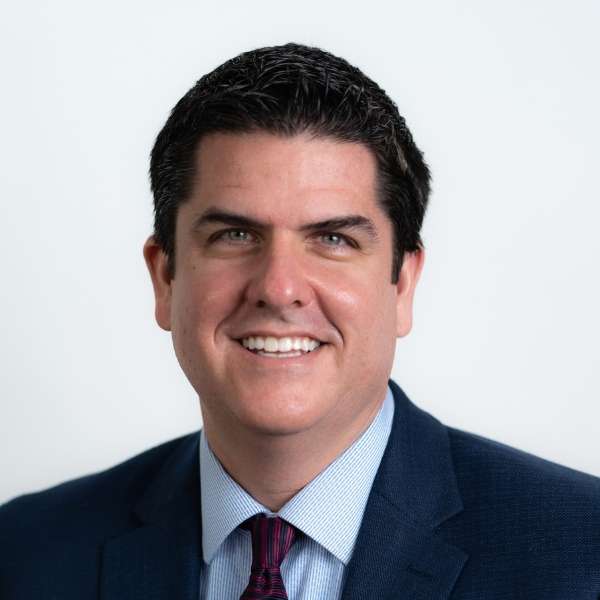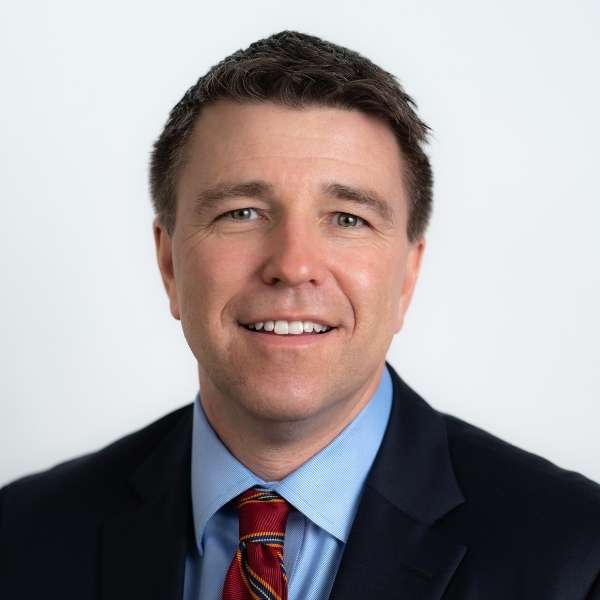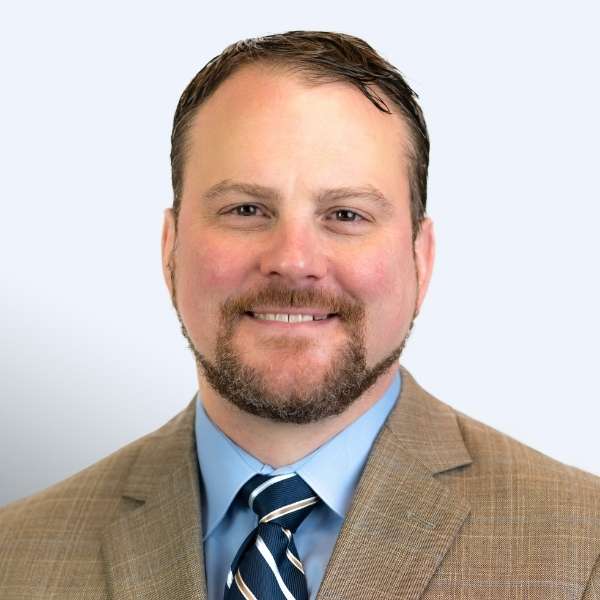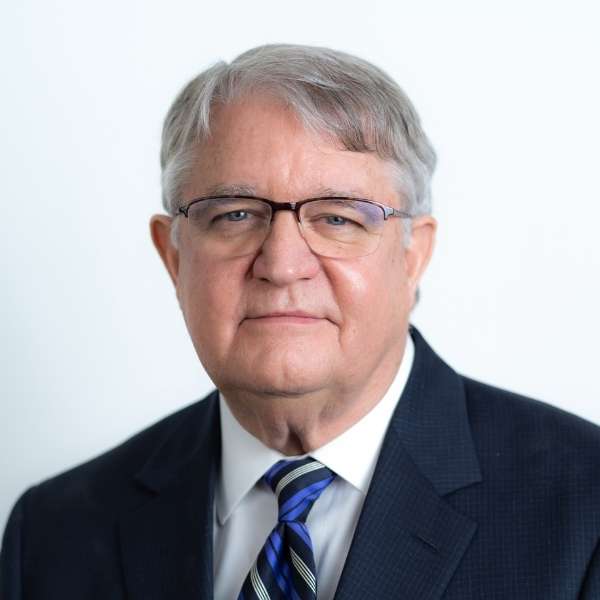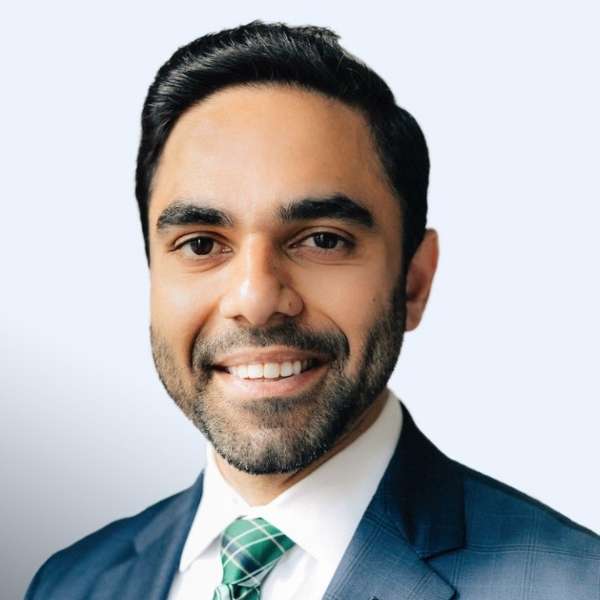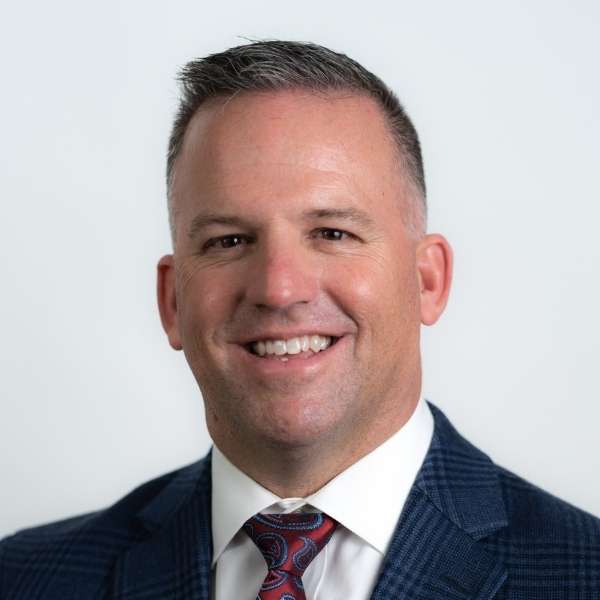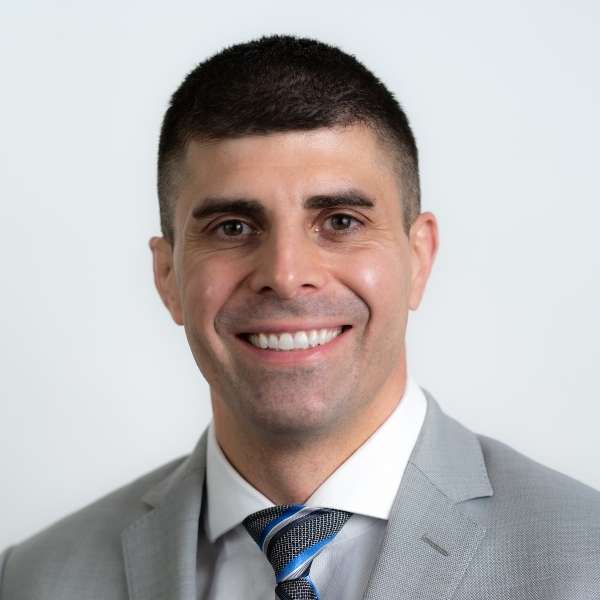A rotator cuff tear is a common repetitive motion injury, caused by occupational and recreational activities, traumatic events such as an injury, and can also occur more often as we age. According to the American Academy of Orthopaedic Surgeons, nearly 2 million people experience pain or limited range of motion due to rotator cuff problems each year. And while not all tears need surgery, full, or complete, rotator cuff tears, often defined as anything more than 90 percent torn, are frequently surgically repaired.
Rotator cuff tears can range from small to large. One or more of your tendons in the rotator cuff can be torn if you continue to work without treatment. People who experience rotator cuff tears typically experience a deep ache in the upper arm that can radiate from the shoulder to the elbow.
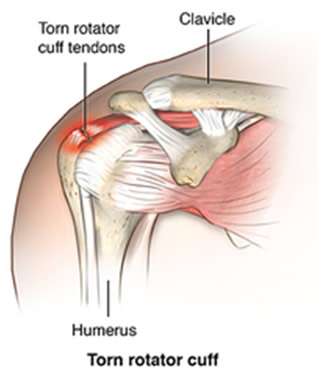 Not all shoulder pain is a result of a rotator cuff tear. Likewise, you may have a rotator cuff tear and not experience any shoulder pain. Multiple studies have been done showing that many people with rotator cuff repairs may not have symptoms. However, it is common to see decreased shoulder function with a rotator cuff tear.
Not all shoulder pain is a result of a rotator cuff tear. Likewise, you may have a rotator cuff tear and not experience any shoulder pain. Multiple studies have been done showing that many people with rotator cuff repairs may not have symptoms. However, it is common to see decreased shoulder function with a rotator cuff tear.
It's not uncommon for people with a rotator cuff tear to feel the following:
- Increased pain in the shoulder with lifting or during overhead activities.
- Inability to fully lift the arm due to weakness of the shoulder muscles.
- Pain in the shoulder at night, keeping them from sleeping.
- Pinching, catching, or popping sounds in the shoulder with movement.
- Restricted range of motion, especially with reaching behind the back or overhead.
There are several different clinical tests that COG specialists can perform to determine with confidence that a person has a rotator cuff tear. Rotator cuff tendon tears are ultimately confirmed through Magnetic Resonance Imaging (MRI).
Surgery to repair a torn rotator cuff most often involves re-attaching the tendon to the head of the humerus (upper arm bone). A partial tear, however, may need only a trimming or smoothing procedure called a debridement. A complete tear is repaired by stitching the tendon back to its original site on the humerus.
Shoulders with tears that are not able to be repaired may be candidates for superior capsule reconstruction. This is an option for shoulders with massive tears that don't have co-occurring arthritis. With this procedure, your surgeon will introduce donor tissue into the shoulder to act as a surrogate for the upper rotator cuff tendons. This can help provide stability and allow for improved function and decreased pain.
Non-Operative Orthopaedic Specialists
Shoulder Replacement
Sports Medicine
What's Next? Treatment Options...
To find out more about treatment options and specialized care, please call Columbia Orthopaedic Group at (573) 876-8141 and schedule an appointment or request one below:
Request an AppointmentWe look forward to meeting you!
Columbia Orthopaedic Group
1 South Keene Street
Columbia, Missouri 65201
Have Questions?
During your initial consultation, you will have the opportunity to meet our team, learn about our services, and discuss potential treatment options best suited for your needs.


